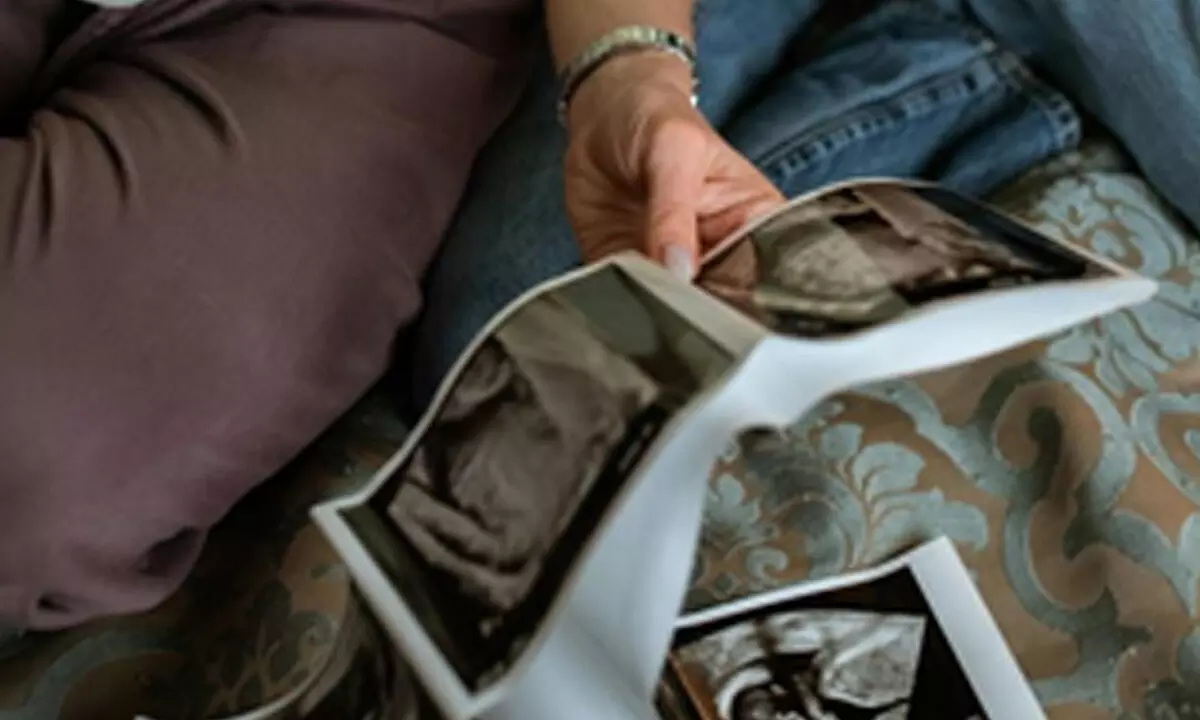Fertility preservation options and benefits for cancer survivors
Share :

Embracing parenthood is a deeply personal and life-affirming decision, one that many cancer patients may feel hesitant about pursuing.
New Delhi: Embracing parenthood is a deeply personal and life-affirming decision, one that many cancer patients may feel hesitant about pursuing. However, with advancements in fertility preservation techniques, the possibility of becoming proud parents after cancer treatment is more feasible than ever. Cancer survivors can open themselves up to the possibility of parenthood without compromising their health or quality of life.
Cancer treatment, while life-saving, can have a profound impact on fertility. Chemotherapy and radiation therapy can damage reproductive organs and disrupt hormone levels, leading to infertility in both men and women. The desire for parenthood is deeply ingrained in many individuals, and facing the possibility of not being able to conceive can bring about feelings of grief, loss, and even identity crisis. The financial burden of fertility preservation adds an extra layer of stress to an already overwhelming situation. Many cancer patients are forced to make difficult decisions about pursuing costly treatments like egg or sperm freezing before starting their cancer therapy. This added pressure highlights the need for comprehensive support systems that provide not only medical care but also emotional guidance and financial assistance for those navigating fertility-related challenges during cancer treatment.
Preserving fertility in cancer patients is a crucial aspect of their overall well-being and quality of life. Cancer treatments such as chemotherapy, radiation, and surgery can often lead to infertility or reduced reproductive function. For many patients, the prospect of losing the ability to have children can be devastating and add to the emotional burden of battling cancer. By offering options for fertility preservation before starting cancer treatment, fertility consultants can provide hope and support for these patients beyond just curing the disease. Advances in reproductive technology continue to expand options for fertility preservation, making it more accessible and effective for both men and women undergoing cancer treatment.
Fertility preservation offers a ray of hope for cancer survivors who wish to become parents in the future. For women, options like egg freezing provide the opportunity to preserve their reproductive potential before undergoing chemotherapy or radiation therapy that may damage their eggs. Men can opt for sperm banking as a means of safeguarding their ability to father children following cancer treatment. These choices not only offer practical benefits but also serve as emotional reassurance, providing survivors with a sense of control over their future fertility. The advancement in fertility preservation techniques continues to expand the options available to cancer survivors. Innovative procedures such as ovarian tissue cryopreservation and testicular tissue freezing present cutting-edge alternatives for individuals seeking to protect their fertility against the impact of cancer treatments. By equipping cancer survivors with knowledge about the available choices, experts can offer valuable support and guidance as individuals navigate their treatment journey while also considering their long-term reproductive goals.
For many cancer patients, the fear of passing on genetic predispositions to their children can be a significant concern. However, with advancements in genetic testing and counseling, individuals can make informed decisions about their reproductive choices. The support provided by oncologists and fertility specialists can help navigate this complex terrain and provide reassurance to those seeking to start a family post-cancer diagnosis. Ultimately, embracing parenthood as a cancer survivor is not only possible but also an inspiring demonstration of resilience and hope for the future.













